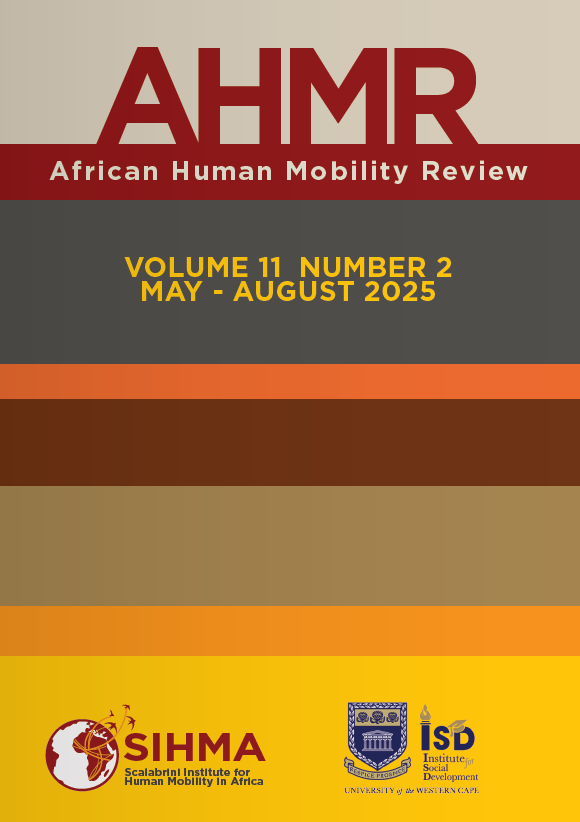Rowing Against Climate Adversity and Lack of Family Support: The Everyday Lives of Migrants’ Wives in Rural Mozambique
Main Article Content
Abstract
There are numerous studies on the participation in migratory work by men from the Gaza Province, whether to the mines in South Africa or Mozambican cities, in particular the city of Maputo. However, studies that analyze the psychosocial conditions of migrants’ wives about their relationships with their family, friends, neighbors, and their teenage children are still incipient. For this reason, we assert that this study is typical of sub-Saharan Africa and reveals the vulnerability of middle-age and aging women. In all these studies, there are common aspects that characterize the vulnerability of married women, widows, or single women with or without children. They live within a patriarchal context that determines who brings the bread, whom they marry, how many children they should have, their role as caretakers of the family, and the roles of the ones who take care of the farm and the elderly. The dominant patriarchal system in southern Mozambique determines a man’s masculinity based on his ability to perform work that generates income for his family. The literature shows that the generational masculine ideology among men in traditional communities begins from childhood and is perpetuated from generation to generation, with the man marrying as many women as he can afford. The female harem is necessary to guarantee the perpetuation of the name or nickname of that lineage. What we endeavor to demonstrate in this article is that all the women’s statements, whether in the focus group discussions (FGDs) or individually, reflect the burden of patriarchal relations still dominant in rural Gazan society. We also show that the organization of labor during crisis situations results in a cascade of events that include: women lacking food and other necessities; women forced to sever their relationships with their in-laws, grown and undergrown children, peers, and relatives. This results in stress and other health-related issues, as well as diminished confidence in planning for the future. The paper aims to respond to these questions: (1) What help do women receive from their children, family, and friends when they have a migrant husband? What kind of help does a migrant wife or ex-migrant wife provide to others? (2)What help do women receive from their children, family, and friends when they have a non-migrant husband? (3) To what extent does this contribute to women’s well-being? (4) What help do mothers give their children?
Metrics
Article Details

This work is licensed under a Creative Commons Attribution 4.0 International License.
Articles and reviews in AHMR reflect the opinions of the contributors. AHMR allows the author/s to retain full copyright in their articles. This is an open access journal which means that all content is freely available without charge to the user or his/her institution. Articles are made available under a Creative Commons license (CC-BY-4.0). Authors who have published under a CC BY 4.0 licence may share and distribute their article on commercial and non-commercial websites and repositories of their choice. Users are allowed to read, download, copy, distribute, print, search, or link to the full texts of the articles, or use them for any other lawful purpose, without asking prior permission from the publisher or the author/s provided the author/s is correctly attributed. This is in accordance with the BOAI definition of open access.




